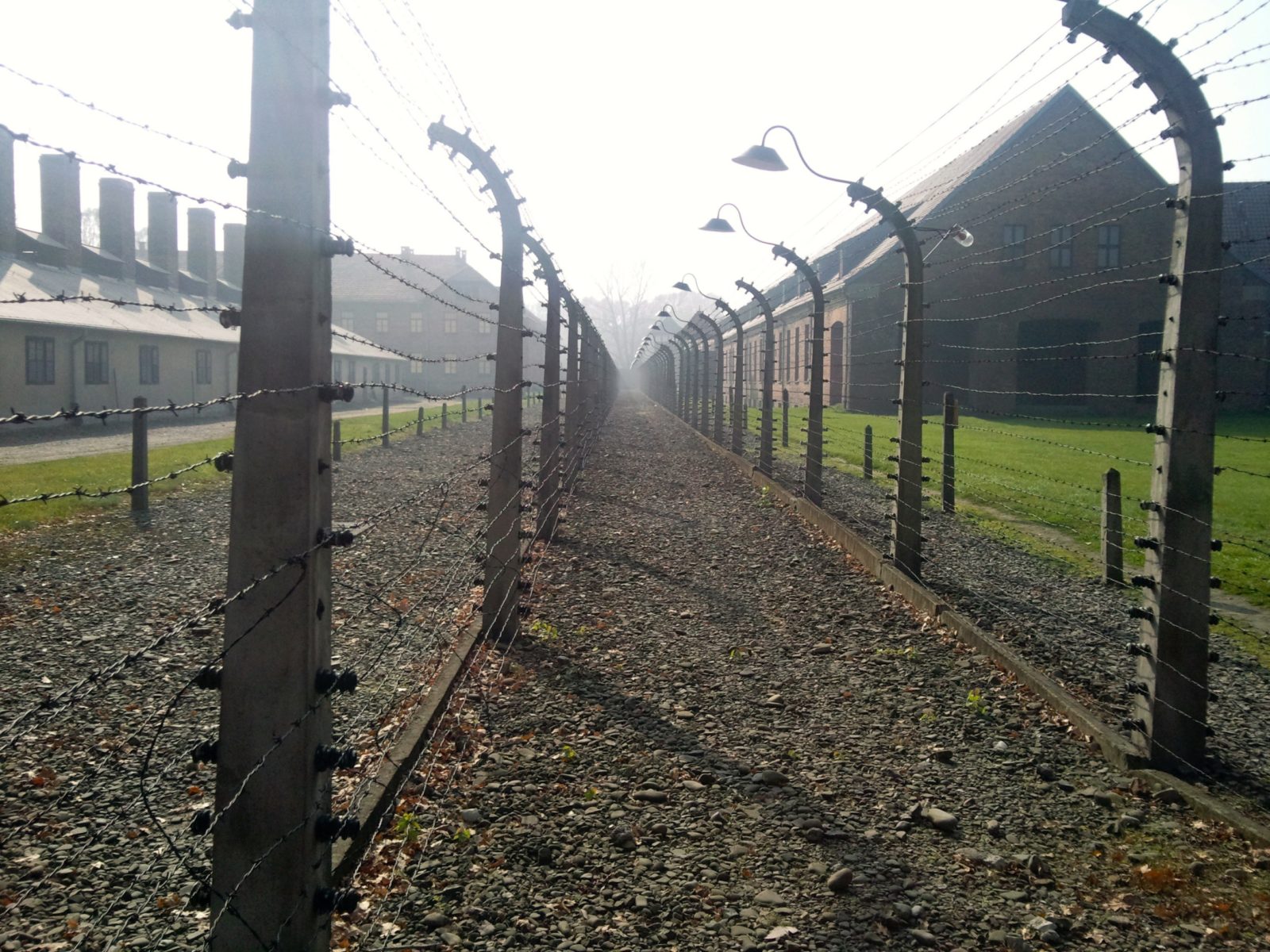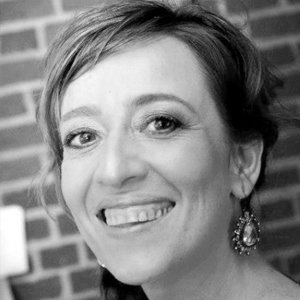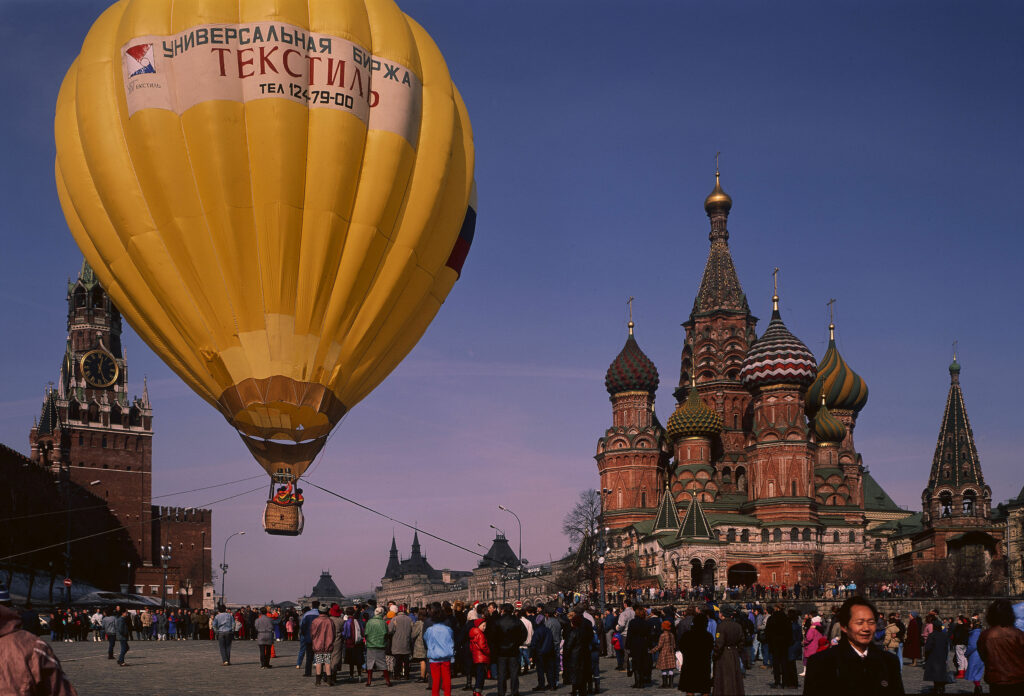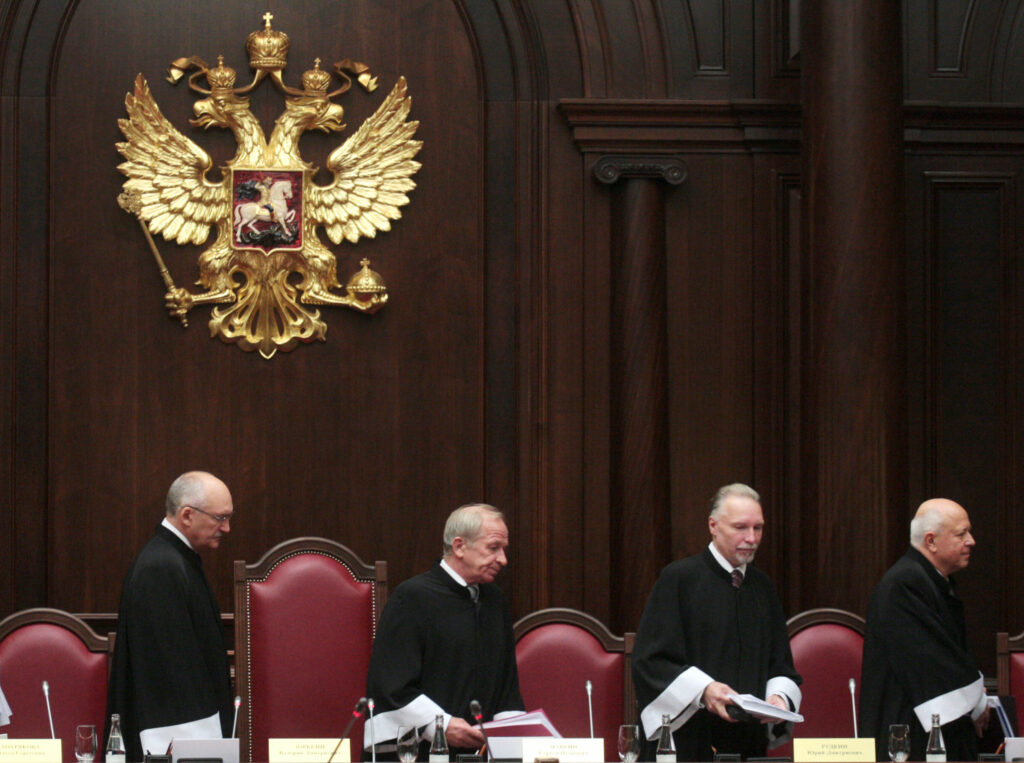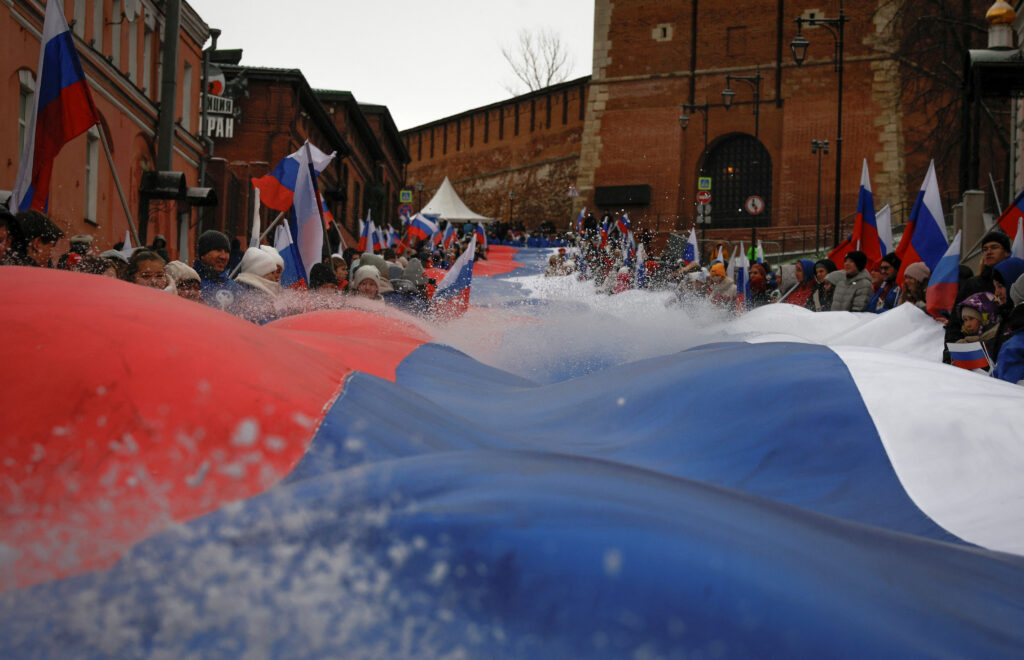A few years ago, two Russian teenagers appeared on a Russian TV show and, when asked about the Holocaust, guessed that it was wallpaper glue. After the ensuing handwringing in the media subsided, the journalist Mumin Shakirov took the young women on a visit to Auschwitz. He made a moving documentary depicting how the young women, who are sisters, were transformed as a result.
It is a powerful story. And yet there is something incongruent about it. Why did Shakirov have to take his guests to Poland? Nearly half of the Holocaust victims—some 2.8 million—were murdered within the borders of the Nazi-occupied Soviet Union. Taking the sisters to sites of mass executions of the Jews in Pushkin or Rostov-on-Don in Russia, or even Kyiv or Lviv in the now independent Ukraine, would have taught them a part of history that is directly relevant to their own country’s past.
But the fact remains that for most Russians, the Holocaust is something distant that took place in far-off Europe. The story of concentration camps in Poland rings more powerfully and familiarly to them than the story of the annihilation of their own Jewish citizens, most of whom died in the ravines and forests right outside their own towns and villages.
***
Russians study the Great Patriotic War—that part of World War II that affected the USSR—in great detail. The early hours and days of the invasion on June 22, in particular, evoke a specific set of images that are burned into the collective memory, thanks to numerous films, books, TV shows, and songs. But the resulting narrative, carefully cultivated by Soviet ideologists and upheld today, excludes any narratives that fall outside the official version, which emphasizes patriotism, collective suffering, and military glory.
Holocaust is one of these omitted narratives. On a national level, Russia recalls the Holocaust on January 27, International Holocaust Remembrance Day. Since this is the date when the Red Army liberated Auschwitz, the thrust of the remembrance of the horrors once again points westward, while preserving and enhancing Soviet heroic narrative.
But the story of the beginning and early stages of the genocide, which began with the invasion of the Soviet Baltic republics, Ukraine, Belarus, Moldova and eventually Russia, has become so thoroughly sidelined in Russia as to have acquired the moniker of the forgotten Holocaust.
Meanwhile, it was precisely here, in Nazi-occupied USSR, that the Nazis began to implement what would later be termed the Final Solution.
Here, the Holocaust unfolded with particular speed and brutality. Rather than bothering with constructing ghettos intended for long-term use, as they did in Warsaw, the Germans murdered people in ravines, forests, and the streets of the towns and villages where they lived. By the end of 1942, when the Germans turned their full attention to the annihilation of European Jewry, the Holocaust had already claimed half of its victims in Soviet territory.
Why don’t more Russians know this story? To a considerable degree, this is a carryover of Soviet policy. Soviet military intelligence was well aware of the annihilation of the Jewish population on Soviet territory even as it unfolded, and Soviets were among the first to become aware of the scale of the atrocities: a specially created commission began investigating the crimes as early as 1942. Some of its findings were presented at the Nuremberg trials.
However, domestically, the Kremlin made the decision not to highlight the specifically anti-Jewish nature of the atrocities. As the Red Army recaptured territory, Moscow needed to reintegrate and reindoctrinate the local population, which had been subjected to months and years of Nazi propaganda (including anti-Semitic propaganda) and in many cases collaborated in the genocide. With anti-Semitism levels already at high levels, to speak of Jews as the primary victims of the Nazis would not have served that purpose.
As state-sponsored anti-Semitism arrived in 1948, a veil of silence descended over the evidence of atrocities, while the number of Jews murdered by the Germans in the USSR became a state secret. The ideological postulate was that ethnic Russians suffered the most and, at the same time, that millions had suffered. Therefore, emphasizing one ethnic group’s suffering diminished the suffering of others. The few state-sponsored monuments that were erected over the following decades at Jewish execution sites stated that they were commemorating “peaceful Soviet citizens.”
This frame of thinking persists in Russia today. To question it is to bring up many questions that authorities would prefer not be raised: questions about policy decisions in the early days of the war, about collaboration, about property ownership, about treatment of the citizenry.
***
A simple statistic undermines the Soviet narrative that seeks to paint everyone’s wartime suffering with a single brush: 97 percent of the Jews who had remained in Nazi-occupied Soviet territories were murdered. This level of loss is incomparable to that of any other group. Mercilessly targeted and unable to find support among local non-Jewish populations, Jews in the occupied Soviet territories were the only group that had neither the opportunity nor the right to survive.
This alone makes this particular narrative sui generis and suggests that it needs to be explored. Yet it never became part of Russia’s collective memory. This occasionally results in strange public blunders that come across as a combination of insensitivity and ignorance, even when the people making them are neither.
For example, the widely respected Russian journalist Leonid Parfenov recently released the second installment of his three-part documentary series on Jews of the Russian empire and the Soviet Union titled Russian Jews. In discussing the film, he characterized the period that the installment covers, 1918–1948, as one of “philosemitism,” or love of Jews.
The term is problematic at best. Just how philosemitic, for example, were the Soviet authorities who did nothing to forewarn their Jewish citizens of the danger that was awaiting them as German armies progressed into the country, let alone give them priority in evacuation? How philosemitic were the Soviet citizens who during the war betrayed their Jewish neighbors, took over their property, helped organize executions, and staged pogroms? How philosemitic were the partisans, who systematically refused to accept Jewish fighters into their detachments—the only chance for these hunted people to survive or die a more dignified death? And despite the fact that half a million Jewish servicemen served in the Red Army, a persistent myth circulated that Jews sat out the war in evacuation in Tashkent.
Another example of a similarly problematic understanding of the history of the Holocaust came recently courtesy of another Russian filmmaker, Andrei Konchalovsky, whose latest film, Paradise, became Russia’s official submission for the Oscars. Set against the background of the Holocaust, the film depicts a love affair between a Russian French Resistance fighter and a Nazi officer at a German concentration camp. In a BBC interview, Konchalovsky said that what interested him in this film was the seduction of evil. He would not have made a film just about the Holocaust, he said, because so many have been made already.
The fact, however, is that the world cinema has yet to see a major film depicting the Holocaust as it unfolded in Russia or Ukraine. Of the 17 best Holocaust films recommended recently by Haaretz, almost all are set in Poland or Western Europe. The only one that isn’t is (wait for it!) “Fiddler on the Roof.” The paper admitted that the film had nothing to do with the Holocaust, justifying the selection by saying that it showed “a world that is no more.” For a Russian director to suggest that Holocaust material has already been exhausted is to neglect the stories of 2.8 million Jewish citizens in what was then the territory of his own country.
***
Cultural production can play a powerful role in shaping collective memory. Film occupies a special place in this work because of its ability to reach mass audiences. In 1978, it was the American TV series Holocaust that changed the conversation around the subject in the U.S. and, later, Germany. In 1993, Stephen Spielberg moved the needle on the subject again with Schindler’s List.
That official mythmakers in the Kremlin avoid developing a more nuanced narrative of the war is not surprising. What’s harder to understand is that members of Russia’s cultural elite—even those who position themselves as independent—are sticking to the script.
One of the most powerful moments in Shakirov’s documentary comes when one of the young women tells him: “Now that you have included us among those who know, it is our responsibility to tell others.” In a country that for decades twisted its history beyond recognition, it is strange that people with the power to set the record straight either choose not to or, worse, add to existing misperceptions.
To be sure, the problem is deeper than cultural representation alone. Resistance to the Holocaust narrative has been amply demonstrated in other post-Soviet states. As an independent group of Russian historians wrote in a report titled What Kind of a Past Does Russia’s Future Need?, the government needs to let go of its monopoly on Russian history, to allow complexity and honest reflection.
In today’s Russia, that is a task that can seem almost impossible to consider. But someone has to start somewhere. For now, let’s hope that next time a Russian filmmaker approaches this period, she or he is brave enough to tell a different story.
Originally published by The Russia File, a Kennan Institute blog.
